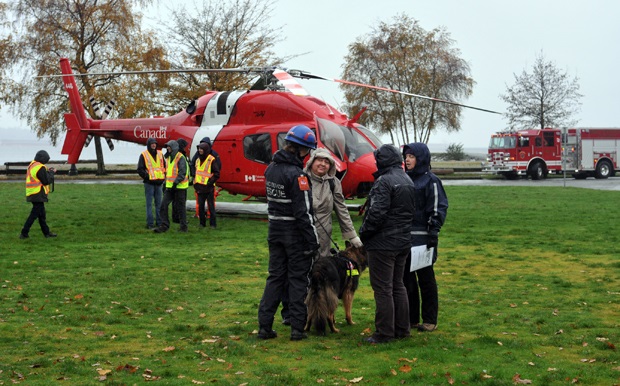
OPPORTUNITY QUESTION: How can we improve knowledge of the spatial and social dimensions of urban climate risks to help inform the North Shore Emergency Management’s (NSEM) Extreme Weather Event Plan?
Term: Spring 2022
Department: Geography
Course: GEOG 210
Instructor: Heather Chappells
Staff contact: Ryan Benson, NSEM
Students will work in groups to support North Shore Emergency Management (NSEM) to identify knowledge gaps and address challenges associated with their ability to prepare for and respond to the growing frequency and severity of extreme weather events.
Specifically, following the Heat Dome, Atmospheric River and Extreme Cold events of the past year, NSEM is seeking to re-vision its existing Extreme Heat Initial Response guidelines into a broader and more responsive extreme weather event plan; with the intention of presenting an updated version to DNV, CNV and DWV Councils by May 2022.
The goals of this framework are to more effectively assess and meet the needs of community members impacted by such events, and better engage those who have proven difficult to reach by existing channels (ethnic communities, seniors, youth, non-residents). Of particular focus are those groups which face disproportionate impacts from extreme weather events, including people with existing health issues who may lack coping capacity, and/or those with socio-economic challenges who face higher relative risk exposure due to inadequate housing and limited access to protective infrastructure.


NSEM Operation Windshield / Photo Mike Wakefield 
NSEM Operation Windshield / Photo Mike Wakefield 
NSEM Operation Windshield / Photo Mike Wakefield 
NSEM Operation Windshield / Photo Mike Wakefield









